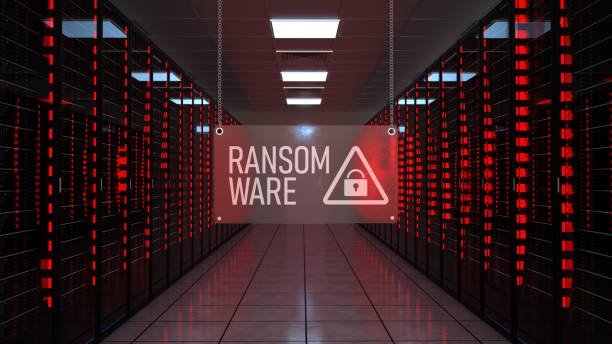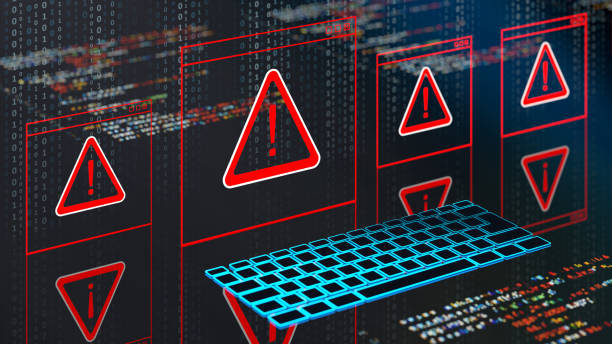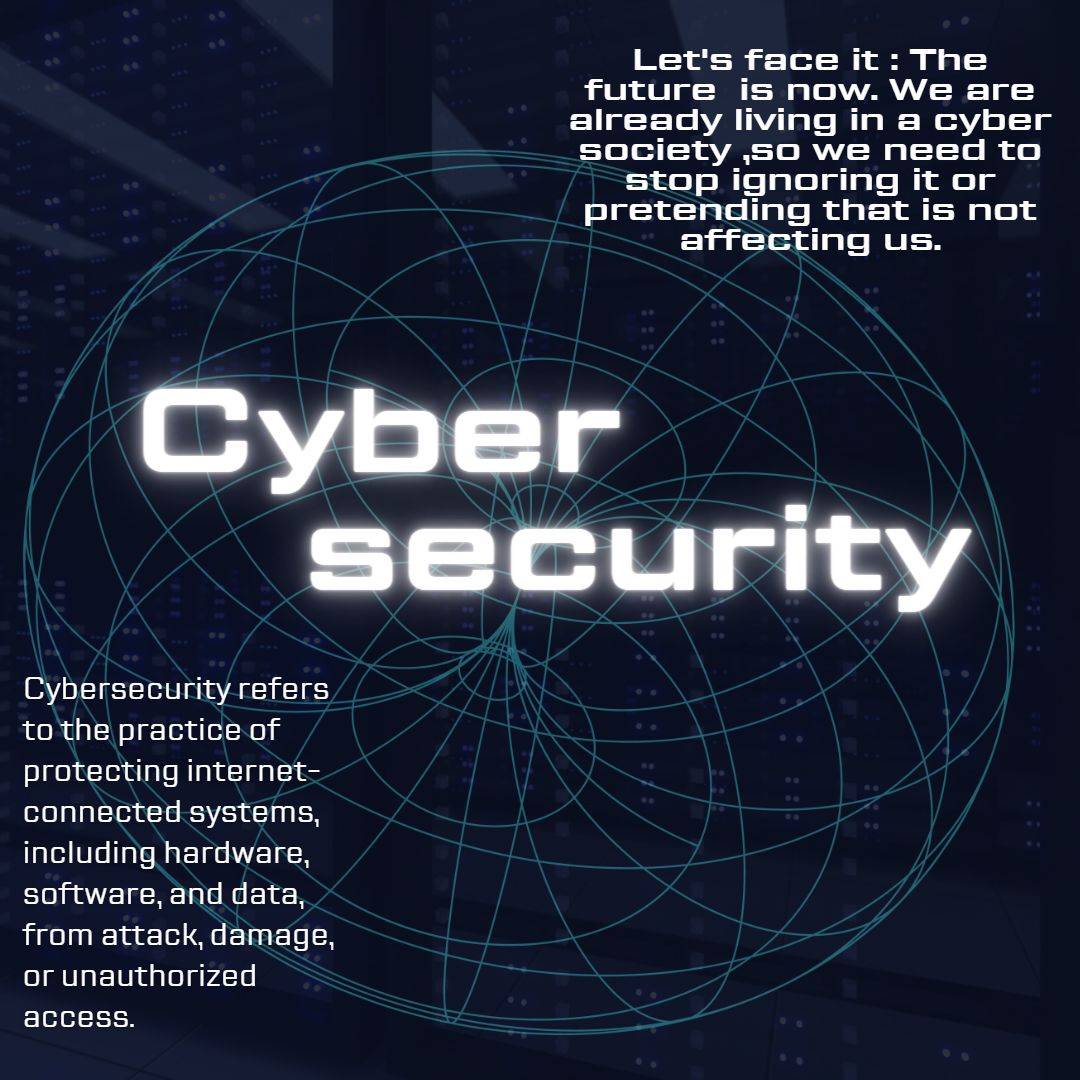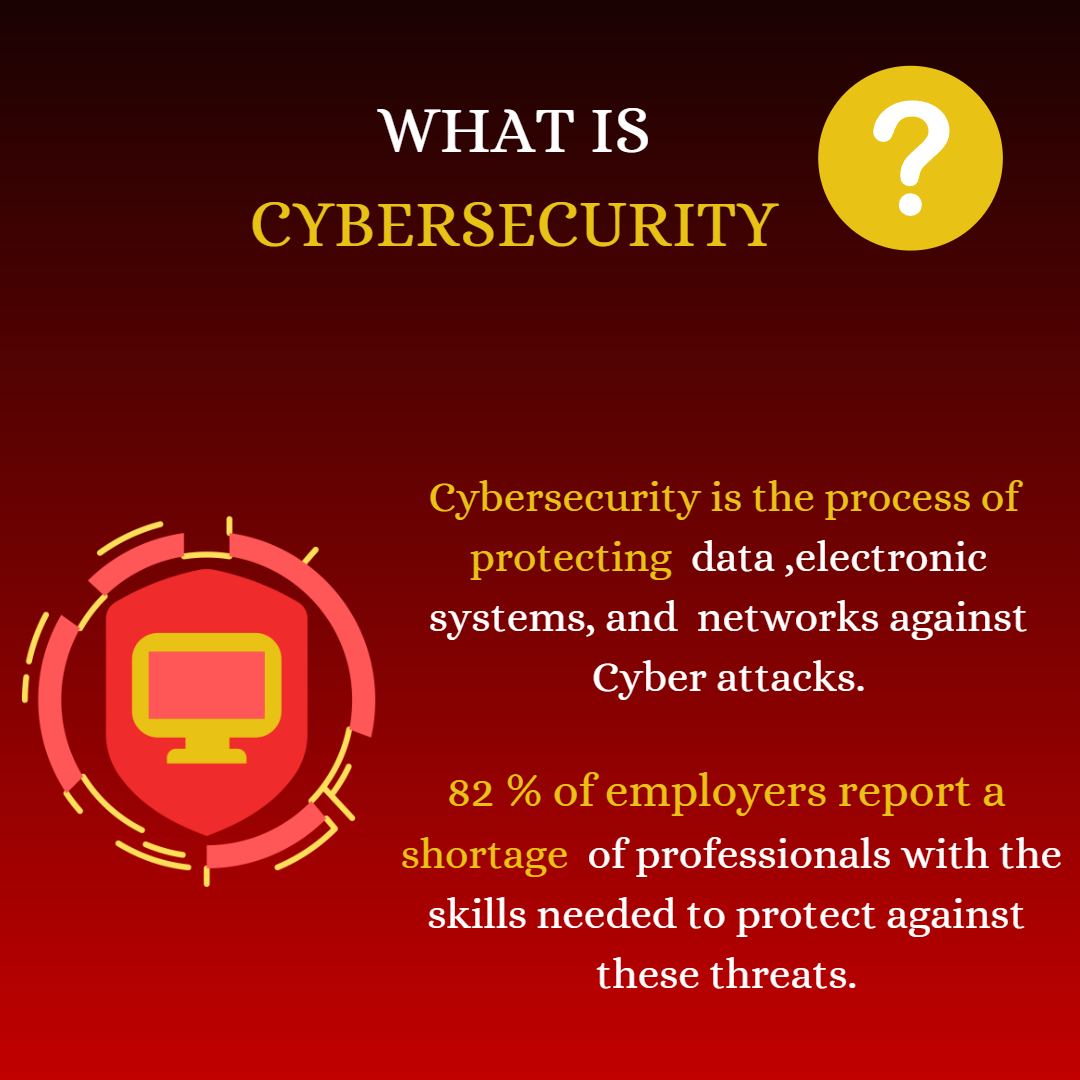Career in Cyber Security
A career in cybersecurity involves protecting computer systems, networks, and data from cyber threats. Here’s a brief overview of what it entails:
1. **Roles and Responsibilities**: Cybersecurity professionals work in various roles, including:
– **Security Analysts**: Monitoring networks for security breaches and investigating incidents.
– **Ethical Hackers (Penetration Testers)**: Identifying vulnerabilities in systems and networks by simulating cyberattacks.
– **Security Engineers**: Designing and implementing security measures to protect against cyber threats.
– **Incident Responders**: Handling cybersecurity incidents, mitigating their impact, and implementing strategies to prevent future occurrences.
– **Security Architects**: Developing security frameworks and designing secure systems and applications.
– **Security Consultants**: Advising organizations on cybersecurity best practices, compliance, and risk management.
2. **Skills and Qualifications**: To pursue a career in cybersecurity, you need a combination of technical skills, such as knowledge of networking, programming, and operating systems, and soft skills like problem-solving, communication, and attention to detail. Many roles require a bachelor’s degree in computer science, information technology, or a related field, and certifications such as CompTIA Security+, Certified Information Systems Security Professional (CISSP), Certified Ethical Hacker (CEH), or Offensive Security Certified Professional (OSCP) can enhance your credentials.
3. **Demand and Job Outlook**: The demand for cybersecurity professionals is high and continues to grow as organizations prioritize protecting their digital assets from cyber threats. With the increasing frequency and sophistication of cyberattacks, there is a constant need for skilled cybersecurity professionals across various industries, including finance, healthcare, government, and technology.
4. **Career Advancement**: Cybersecurity offers opportunities for career advancement and specialization. As you gain experience and expertise, you can progress to higher-level roles such as security architect, security manager, or chief information security officer (CISO). Continuous learning and staying updated with the latest trends and technologies in cybersecurity are essential for career growth in this field.
5. **Challenges and Rewards**: Working in cybersecurity can be challenging due to the constantly evolving threat landscape and the need to stay ahead of cybercriminals. However, it can also be rewarding knowing that you’re contributing to protecting organizations and individuals from cyber threats, safeguarding critical infrastructure, and ensuring the integrity and confidentiality of digital information.
In summary, a career in cybersecurity offers a diverse range of roles, opportunities for growth and advancement, and the chance to make a meaningful impact by protecting against cyber threats in an increasingly digital world.
















